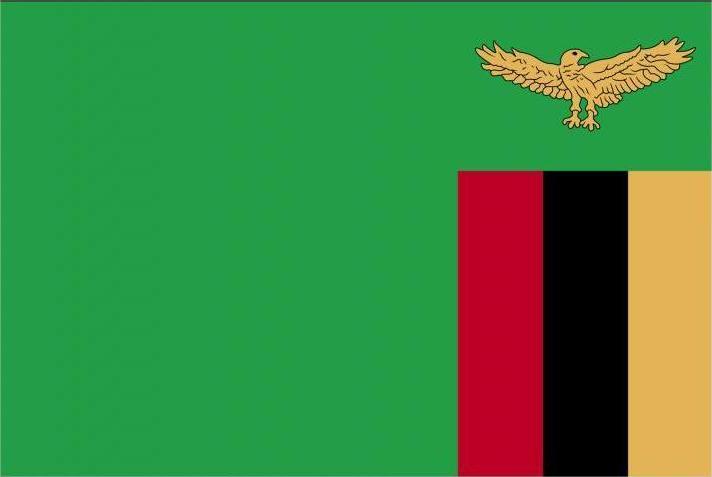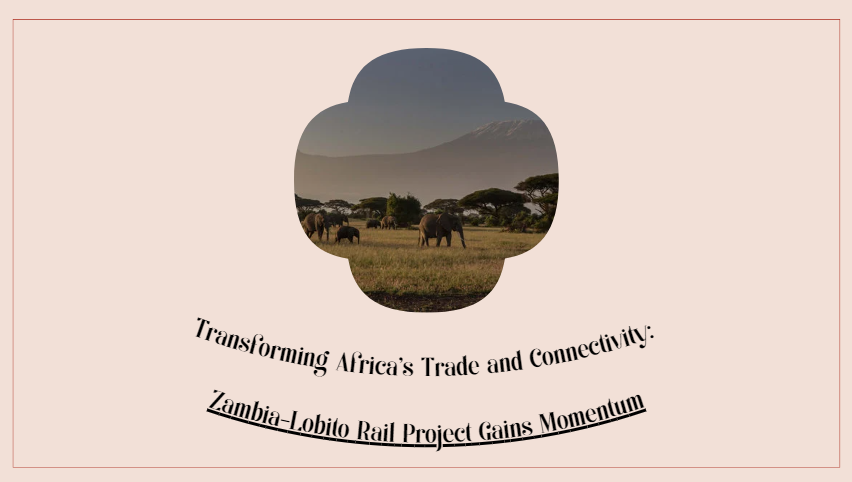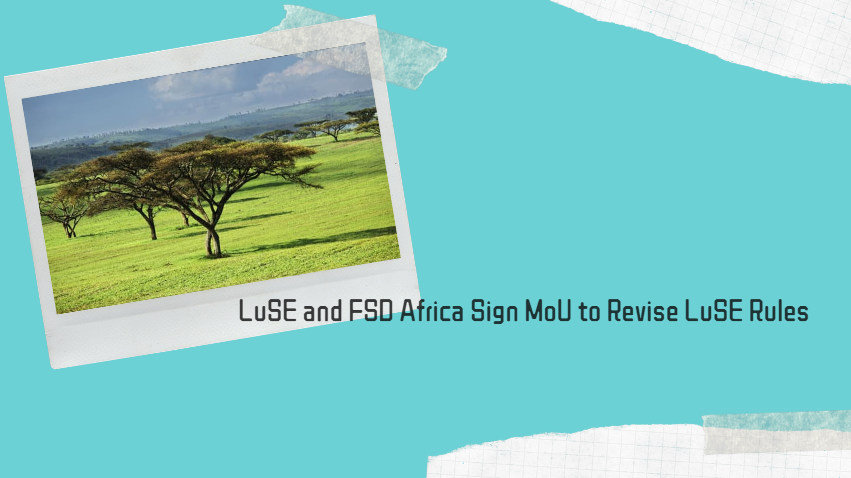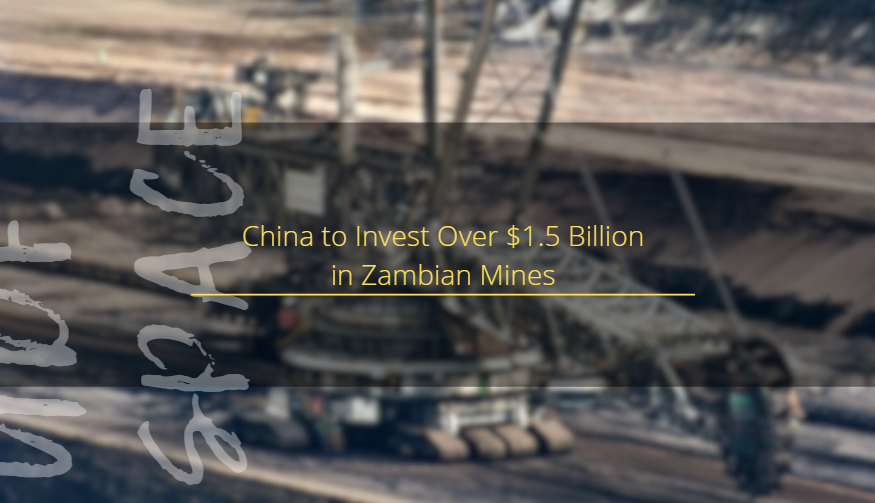Zambia financial news
The OECD Development Centre welcomed Barbados and Zambia as new members at a meeting of ministers and high-level representatives from 56 developed and developing countries today in Paris on the occasion of the 9th High-level Meeting of the OECD Development Centre’s Governing Board, under the heading “Financing the Future: Strategies for a Just Green Transition”. Barbados and Zambia’s entries into the Centre mark a significant stride in support of the two countries’ development agenda. It also strengthens the Centre’s global representativeness and institutional cooperation with the Caribbean and African regions. Barbados and Zambia join a diverse group of 54 OECD and non-OECD countries from around the world, contributing to an expanding membership of the Development Centre. The Development Centre will support Barbados and Zambia in their ongoing efforts to achieve stronger and more inclusive development, offering comparative perspectives on the countries’ structural trends and governance and sharing policy experiences for sustainable economic growth and social inclusion.
Zambia is seeking to remedy an erroneous payment made by its power utility to China while it is still finalizing a prolonged debt restructuring deal with the nation, a Treasury official said. Zesco Ltd. had been accumulating revenues from electricity sales in a securitized account from a power plant that Chinese companies built and financed, and “unfortunately” transferred about $80 million from the account, Secretary to the Treasury Felix Nkulukusa said. The country reached a memorandum of understanding with its official creditor committee co-chaired by China and France in October last year, but is yet to sign a final agreement with the Asian nation. Only once that’s done can payments resume. The misstep highlights the complexities of the debt restructuring that began in 2020 when Zambia became Africa's first nation to default during the pandemic era. It also brings into focus the sometimes opaque securitized — or escrow — accounts, that can accompany project loans.
The Bank of Zambia’s October 2024 Financial Stability Report has revealed that slow economic activity led to an increase in individuals and households accessing loans from banks. The report states that household debt, measured by banks’ lending to individuals, rose by 8.5 per cent. “Household indebtedness rose gradually amid slowing economic activity. Household debt, measured by banks' lending to individuals, rose 8.5 percent since the May 2024 Financial Stability Report. Digital credit (loans extended by financial intermediaries via mobile money platforms) disbursements have equally been steady, but lower than the peak of K2.3 billion posted during 2021 Q4.
The UK Minister for International Development, Anneliese Dodds, has unveiled a comprehensive development strategy during her visit to Malawi and Zambia, emphasizing economic growth, education, and green energy as critical drivers for sustainable development. The Minister underscored the UK's commitment to fostering global prosperity while strengthening economic ties that benefit both partner nations and the UK. “Growth is the key driver of development,” said Dodds. “More growth in Malawi and Zambia is good for those countries, good for our climate, and good for UK businesses, helping deliver our growth agenda.” Dodds will travel to Zambia to celebrate the nation's 60th anniversary of independence and strengthen bilateral ties through agreements with President Hakainde Hichilema. The discussions will center on renewable energy, climate action, economic growth, and poverty reduction. Key announcements include: Reaffirming the UK-Zambia Green Growth Compact: Aiming to drive £2.5 billion in UK private investment into green projects, bolstering Zambia's renewable energy sector. Support for the Energy Sector: Enhancing cooperation on clean energy initiatives to meet Zambia's growing demand for sustainable development.
Zambia, Morocco, and the Democratic Republic of Congo (DRC) are spearheading Africa’s efforts to establish the continent as a major player in the global electric vehicle (EV) battery market. At the E-Mobility Capacity-Building Workshop held at Lusaka’s Intercontinental Hotel on Monday, delegates discussed strategies to develop regional value chains for electric mobility. The event underscored Africa’s potential to lead the EV industry through the utilisation of its abundant critical mineral reserves. Commerce, Trade, and Industry Minister, Chipoka Mulenga, highlighted the opportunity the e-mobility industry presents for value addition to Africa’s mineral resources, which could ultimately improve citizens’ living standards.Adam Elhiraika, Director of the United Nations Economic Commission for Africa (ECA) Subregional Office for North Africa, described the global shift to e-mobility as a defining moment, addressing challenges like climate change and economic resilience.























































First, please LoginComment After ~